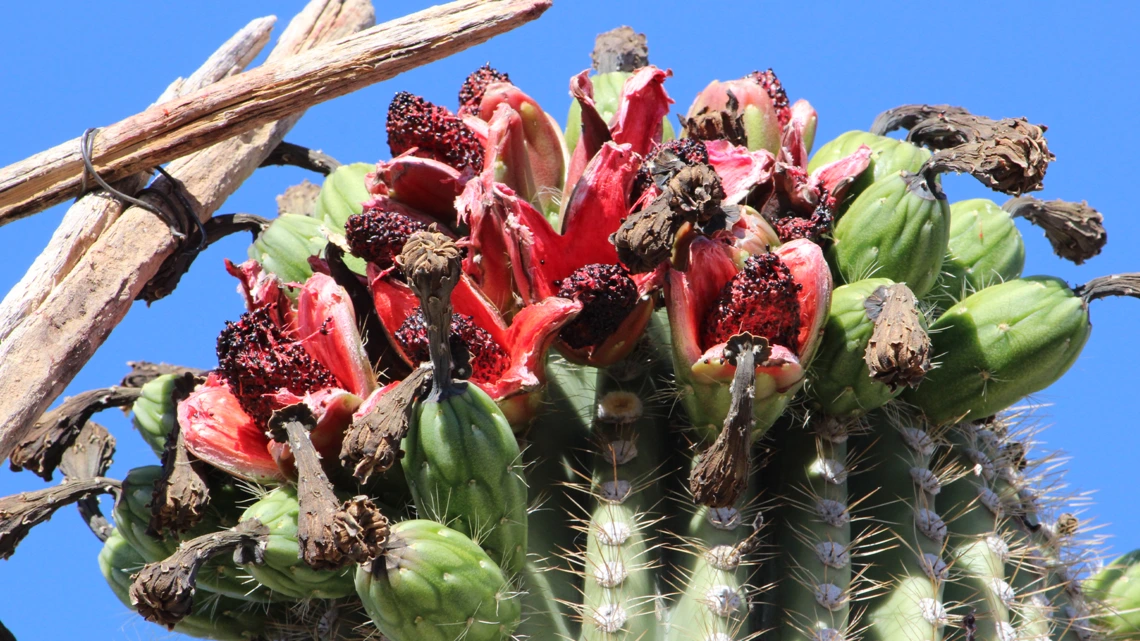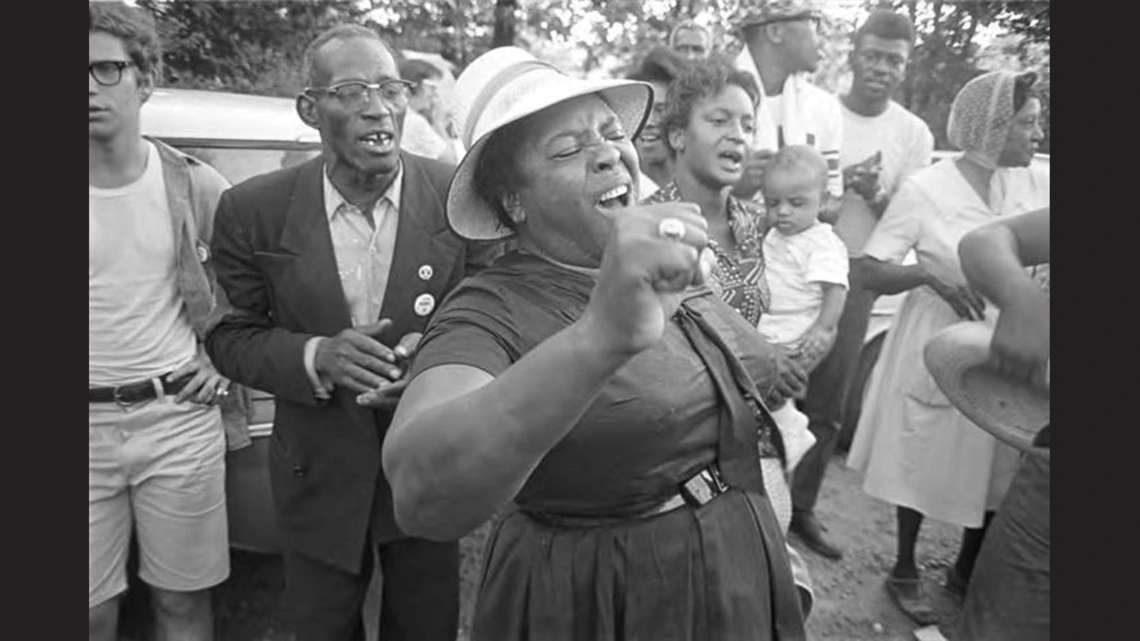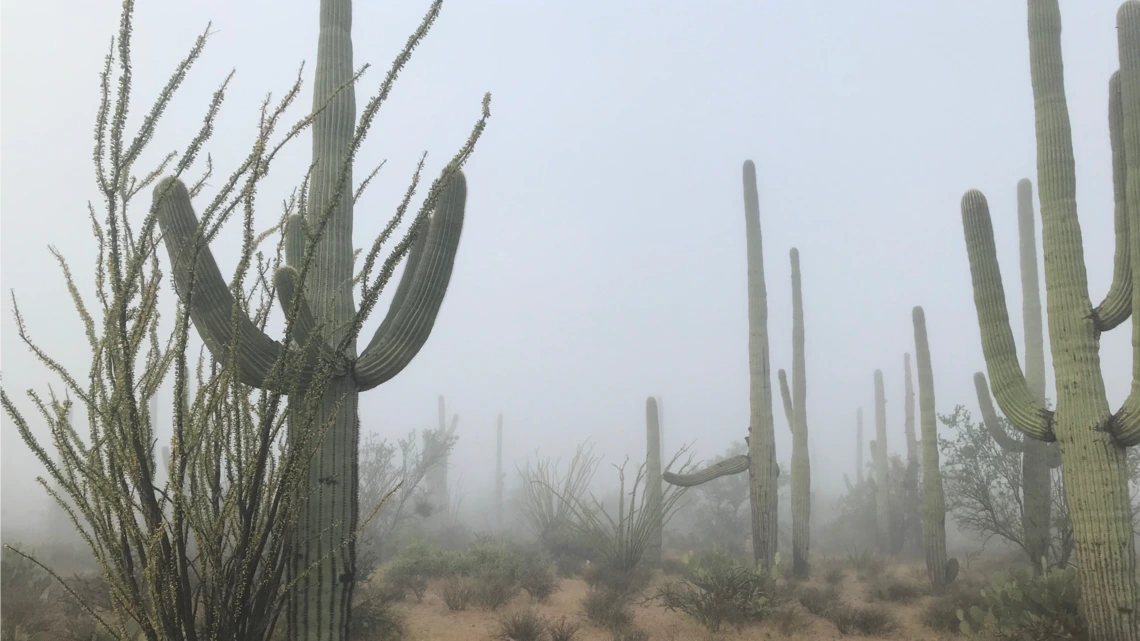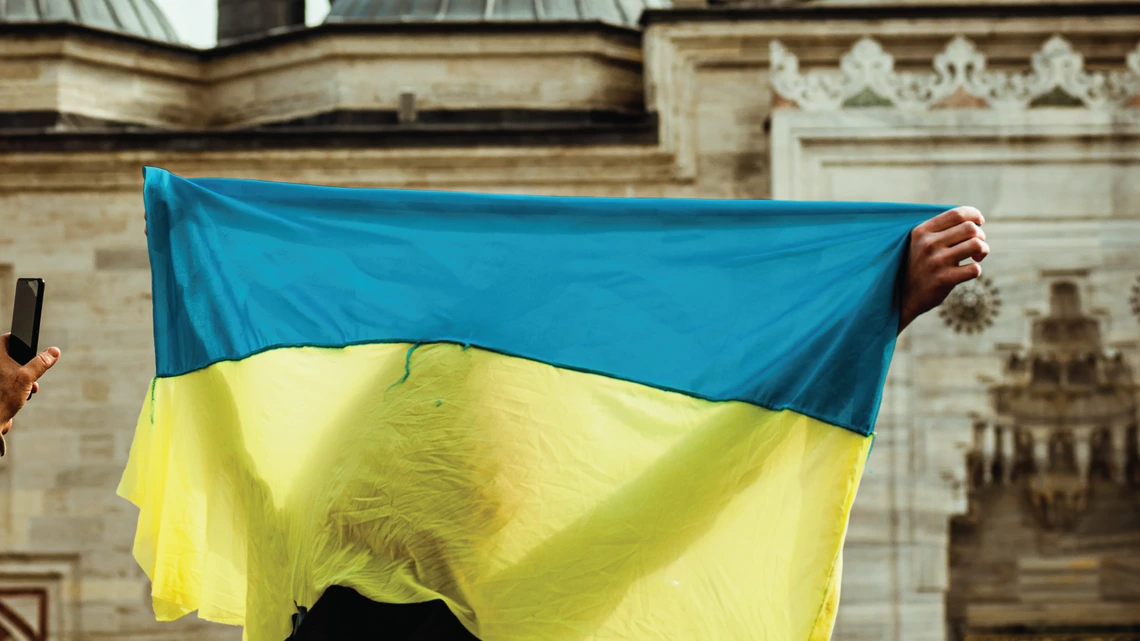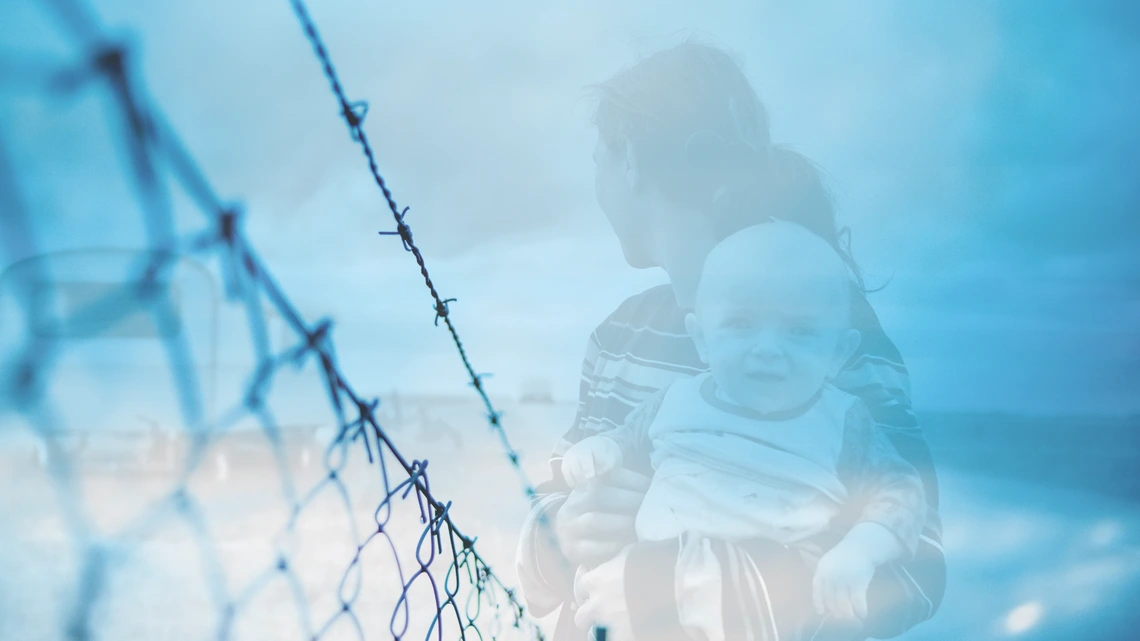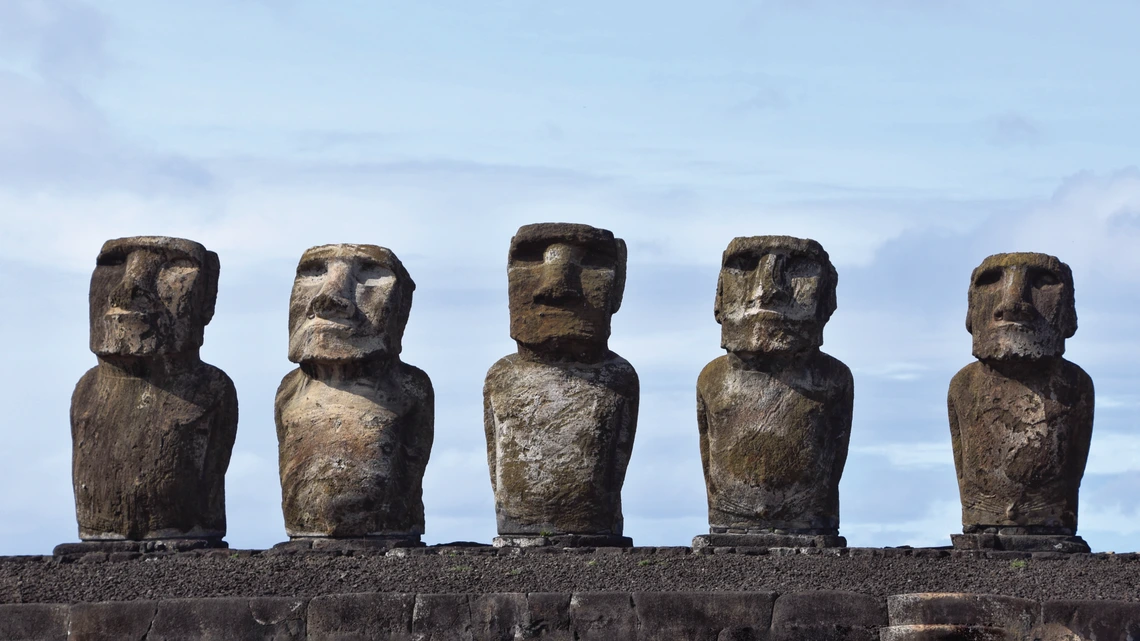Tohono O'odham Foodways
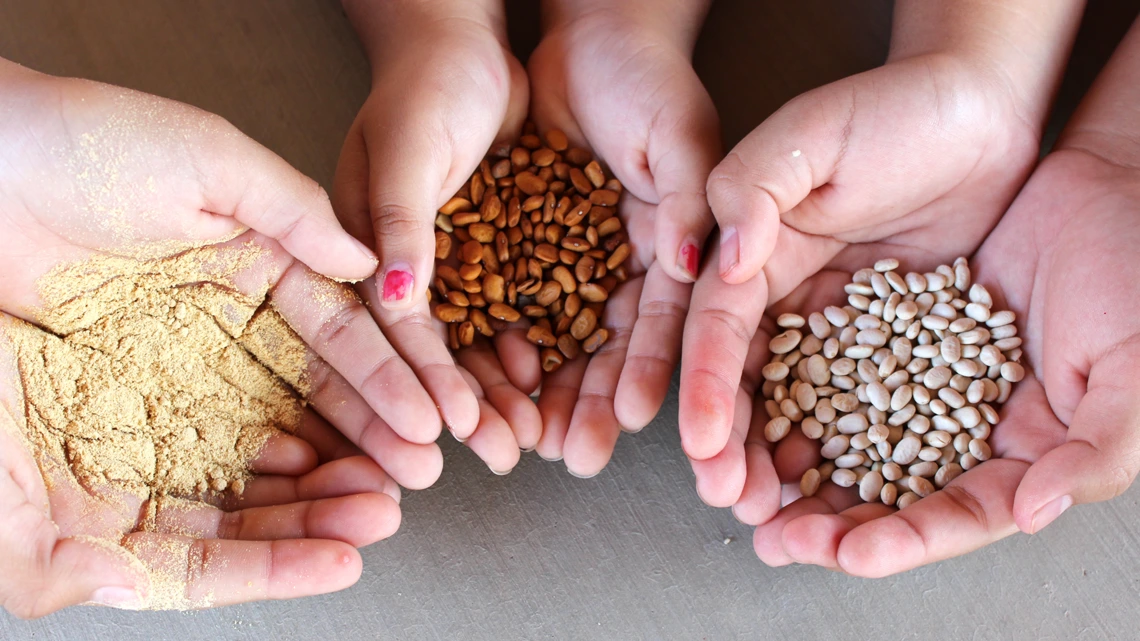
Many people call the Sonoran Desert and its striking landscapes home. Long before our urban centers and city lights lit up the dark desert skies, the Tohono O’odham were cultivating and shaping the land with abundant agriculture. Learn about the foodways of the Tohono O'odham and their connection to the land, plants and animals. This includes pre-encounter methods of farming, hunting, and food gathering, contemporary cultivation methods and effects of food subsidy programs on traditional diet.
Dr. Jacelle Ramon-Sauberan is Tohono O’odham and from the San Xavier District. She serves as faculty in the Tohono O’odham Studies Program at Tohono O’odham Community College. Ramon-Sauberan earned her PhD in American Indian Studies with a minor in Journalism at the University of Arizona in May 2023. Her research focuses on the history of land and water in the San Xavier District and she has written for news publications across the US including Indian Country Today. Ramon-Sauberan is also a communication specialist for the National Science Foundation’s AURA/NOIRLab closely working with Kitt Peak National Observatory.
Course Format
This class will run for 5 weeks; registered community members will meet with Professor Ramon-Sauberan for four live online sessions on the following Tuesdays from 5:00PM to 6:30 PM: March 5, 12, 19 and 26. The last class (class #5) will be in person at San Xavier Cooperative Farm. The final in person class is intended to be a hands on learning experience. The date will be determined by community classroom students but will be held the first week/end in April.
Attendance & Participation
This course will be delivered via the University of Arizona Zoom platform. All class sessions will be LIVE ONLINE and will be recorded. The recordings will be shared with registered students after each session to facilitate access for those who cannot make the live sessions.
Refunds
Refunds are available and need to be requested before the second class meeting (March 11, 2024). To drop a class, please contact Stephanie Noriega at 520-626-0626 or sbscommunitymatters@arizona.edu. A $25 administrative fee for each cancellation will apply.
Registration
Online registration for this course will open December 18, 2023 at 10 AM. After registration, participants will receive a receipt of registration. Subsequently, participants will receive class instructions 1 week before the start of the course.



